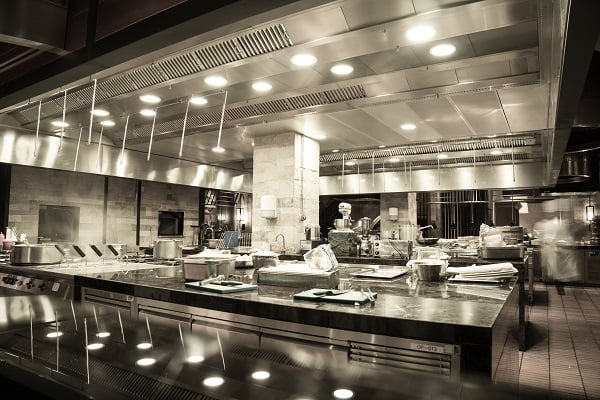AC\DC
Senior Member
- Location
- Florence,Oregon,Lane
- Occupation
- EC
Hello, I just got a call because insurance will cancel a restaurant for not having smoke alarms.
They have a fire suppression system.
I have not done a lot of commercial kitchen. I have only done the basic smoke alarms in a houses.
The report just says
Fully functional smoke alarms to be installed.
If you could possible point me if the right direction on what would be mandorty in This situation.
I will be looking on my part. Thanks
They have a fire suppression system.
I have not done a lot of commercial kitchen. I have only done the basic smoke alarms in a houses.
The report just says
Fully functional smoke alarms to be installed.
If you could possible point me if the right direction on what would be mandorty in This situation.
I will be looking on my part. Thanks

